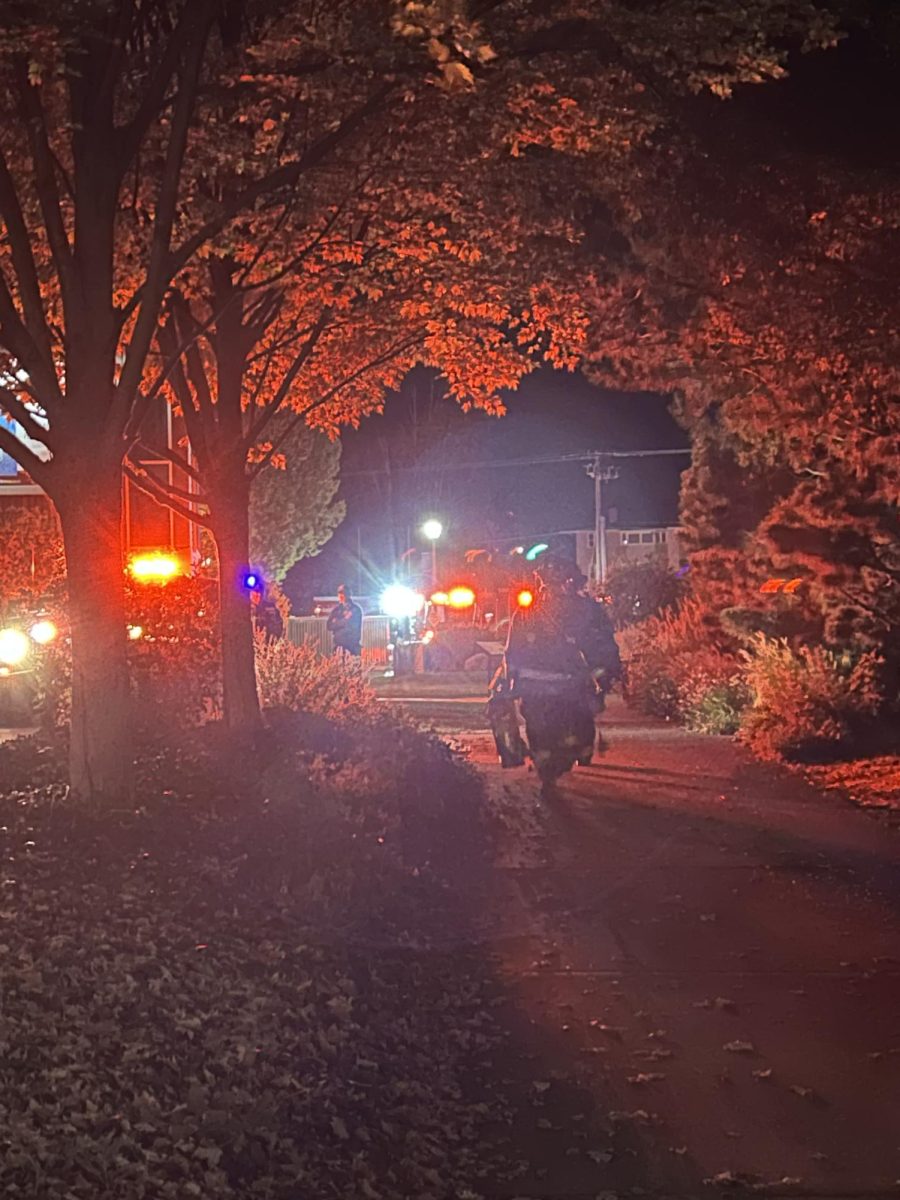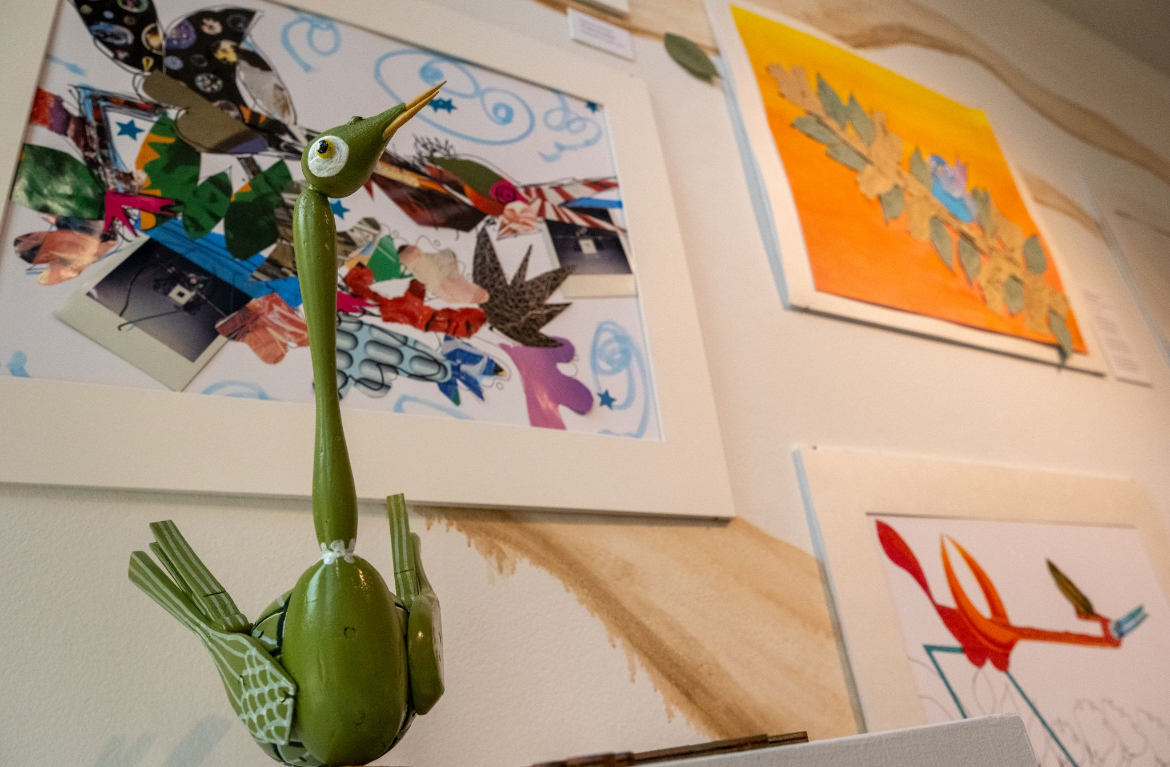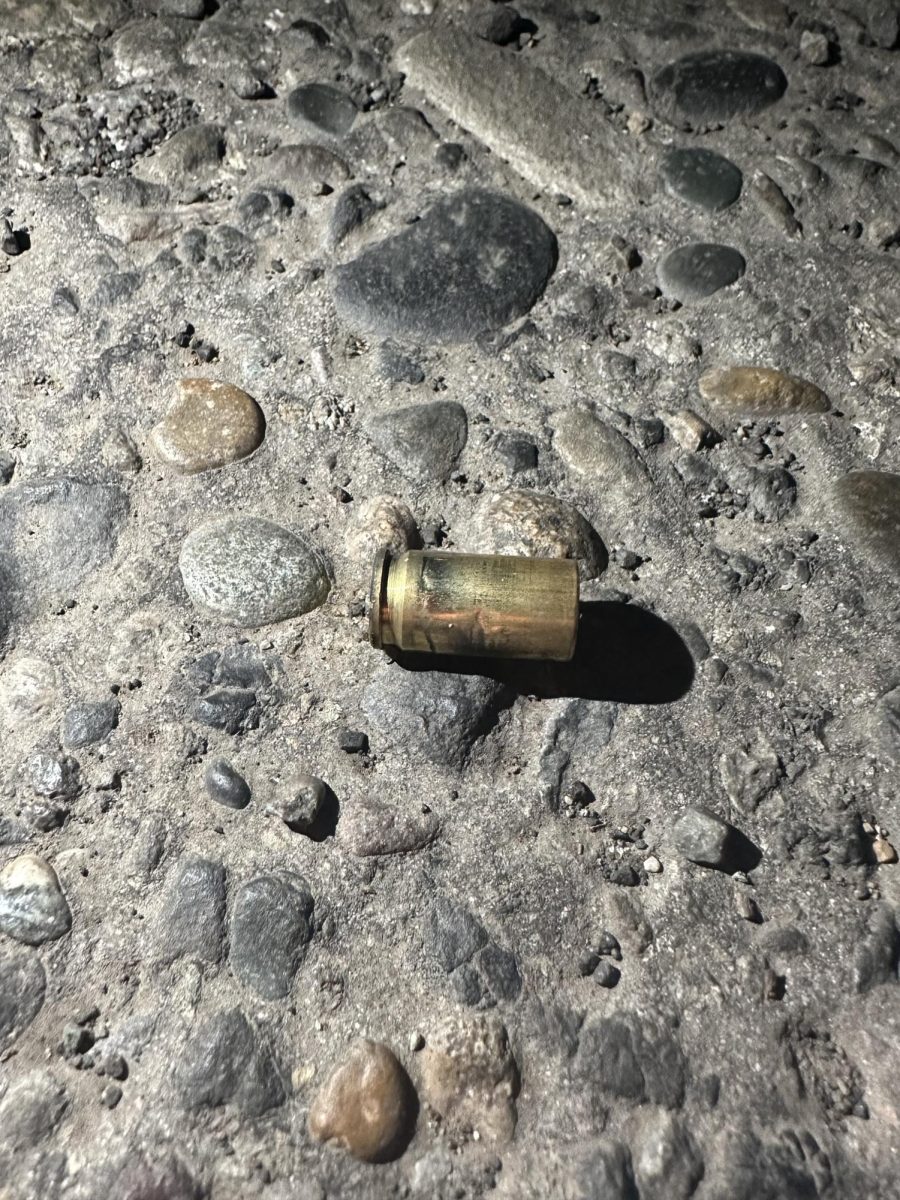When Professor of Forensics Jim Hanson resigned from his director of forensics position last spring, several questions about the future of the team remained unanswered. Uncertainty about the reasons for Hanson’s resignation and concerns about the Title IX investigation of the team conducted in spring 2012 left many debaters frustrated with the administration.
To ensure the debate team would be competitive at the start of the season, the administration worked with a number of debate community members and conducted a search for a new director in just under two months, ultimately hiring Kevin Kuswa on July 19. Debaters were glad to have the opportunity to participate in the search, but some team members still believe the college doesn’t have the best interest of the team at heart.
New Direction
Two different committees were involved in the hiring process, which began in early June. One was an internal search committee that provided a final hiring recommendation to the office of the provost and the president. Members of this committee were Associate Dean for Faculty Development Lisa Perfetti and a small group of professors interested in rhetoric studies.
The second committee, the Whitman Debate Advisory Group (WDAG), was created in order to involve students in the hiring process. The WDAG had no decision-making power in the hiring process, but its members relayed suggestions and opinions about potential candidates to the internal search committee. Alumnus Adam Symonds ‘99 served as a liaison between the two committees.
Senior policy debater and student member of the WDAG Ben Menzies said he was initially excited that the school was willing to work with current team members to ensure the transition to a new debate staff would be smooth.
“None of [the administration] has any experience managing a debate team, and so I thought the fact that they were admitting that was a good step forward,” he said.
In addition to hiring Kuswa, the office of the provost hired three assistant coaches, who will help the director manage the team on a day-to-day basis, by July 1. Ten debaters reviewed each candidates’ resumes and gave feedback on the candidates.
“This process is important for us because we’re given an understanding of how a candidate will fit with the team,” said Menzies.
Provost and Dean of Faculty Timothy Kaufman-Osborn said that while the Office of the Provost officially hires assistant coaches, input from the WDAG helped identify qualified candidates who complement the team dynamics.
“I could imagine deciding to institutionalize student input in the future, but I can’t say at this point,” he said.
Reactions
A total of just six candidates applied for the director position. Both Menzies and Kaufman-Osborn acknowledged the pool was smaller than ideal. Menzies added that three of the six candidates did not fulfill all the job qualifications.
“Six is an insanely low number for any job in academia, let alone one of the most reputable debate positions in the country,” said Menzies.
Because there were only three qualified candidates, the WDAG suggested hiring an interim coach for one year and then conducting a larger national search over a longer time frame.
“The initial response from everyone was that it isn’t a broad enough search. We almost certainly would have more people applying under normal conditions,” said sophomore policy debater and student member of the advisory group Emma Thompson.
Although no definitive terms of hire were discussed with the WDAG, Kaufman-Osborn said the internal search committee seriously considered the WDAG’s suggestion to hire an interim director. However, they decided to hire Kuswa on a two-year contract instead and to review his performance after the first year to determine whether a national search for another director would be necessary.
“After the internal search committee had conducted its on-campus interview, they were quite impressed with Dr. Kuswa. At least a portion of [the search committee’s] recommendation insisted on the suggestion that we give serious thought to something longer,” said Kaufman-Osborn.
Some members of the WDAG had a conference call with Kuswa when he was still a candidate, after which they offered feedback to the internal search committee based on their impressions of him. Menzies and Thompson said they gave their feedback while under the impression that if Kuswa was hired, he would fill an interim position.
After hiring Kuswa in July, Kaufman-Osborn sent the WDAG an email informing them of Kuswa’s hire. However, certain members of the WDAG were not officially informed of the terms of his hire until nearly a week later, during a conference call.
Kaufman-Osborn said he decided to wait to notify other members of the WDAG because he wanted to be able to address members’ comments in one sitting.
“I knew that students and [alumni] would have many questions and concerns, and it seemed to me best to discuss those questions and concerns in the context of a conference call when we could engage in dialogue over an extended period of time,” he said.
Menzies and Thompson are both frustrated that the administration bypassed their recommendation to hire an interim director and equally frustrated that the search committee never informed the WDAG that a longer-term contract for Kuswa was being considered.
“If the goal of this group is to build trust and build confidence in this process, it doesn’t make sense to me. Why at the most critical moment switch the plan and never tell the students until after the fact?” said Menzies.
Kaufman-Osborn said part of his goal was to help the team succeed by getting leadership roles filled as soon as possible.
“Ideally we would have wanted to articulate the process before we made the appointment, but everyone was in a hurry to make the appointment as quickly as possible so that the debate program lost as little momentum as possible,” he said.
Following the director search, former trustee and WDAG member Megan Salzman Medica ‘81 announced her intent to resign from the Board of Trustees.
“It is without question that I have been concerned with the handling and effects of the decisions related to the debate program, including the removal of its leadership,” she said in her email announcing her resignation on August 12.
Medica later deferred her resignation and officially resigned on Aug. 31. She and her husband, John Medica, have been actively involved with the college as overseers and donors to many major campus programs, including the debate program. Medica declined to comment explicitly on her reasons for leaving the Board of Trustees.
“My resignation speaks for itself given my history of involvement with the college,” she said.
The College Addresses Title IX Concerns
After Hanson resigned, the debate community expressed concerns about the college’s conduct during its Title IX investigation of the team in spring 2012. One-hundred-ninety-four debate community members signed a petition on change.org urging the college to conduct an independent investigation into its Title IX investigation, specifically the Title IX investigation of the team in conducted in spring 2012.
Starting June 4, the Board of Trustees hired Gina Maisto Smith from the law firm Pepper Hamilton based in Philadelphia to conduct a Title IX review. Smith is looking at college policies and procedures to assess how they line up with Title IX practices.
“Hopefully we’ll have some insight as well as possible suggestions and criticism for what was done in past investigations and how to best improve on them,” said Trustee Sarah Wang ‘89, the chair of the WDAG.
Smith’s review is not yet complete, and the Board of Trustees has given her no official deadline.
“We want to spend the money to do the right thing, and we want [Smith] to expand her review as she deems necessary,” said Chair of the Board of Trustees Peter van Oppen ‘74.
Van Oppen also said a public report of the full review will likely not be available in order to protect the privacy of individuals involved in Title IX investigations and is also unsure as to what form the report will be made available to the debate community.
The college will make no decisions about Hanson’s involvement in the upcoming year of debate until the review is finished and a report is produced.
“Our sense is that that report, whatever it’s going to say, is likely to inform any decision that the college and the trustees might view as appropriate with respect to [Hanson’s] role,” said Wang.
Looking Toward the Future
Although some members of the WDAG are dissatisfied with how the college handled the search for a new director, many of them are excited to work with Kuswa and see his vision for the year.
“[Kuswa] has proposed a lot of really cool ideas,” said Thompson. “I think that the debate team will go in a very positive direction under him, and it seems likely that he will continue [Jim Hanson’s] direction.”
One of Kuswa’s goals is to make the team more aware of problems surrounding traditionally underrepresented groups in debate.
“The Whitman debate program is already quite diverse, but the overall goal of more broad-based representation is always something to continue to work on in terms of providing a safe environment for all participants,” said Kuswa.
Kuswa is confident that the team will continue to be as successful as it has been in the past.
“Part of my vision for the debate team is to work hard to continue the long tradition of success in competitive debate that Whitman has built,” said Kuswa.






